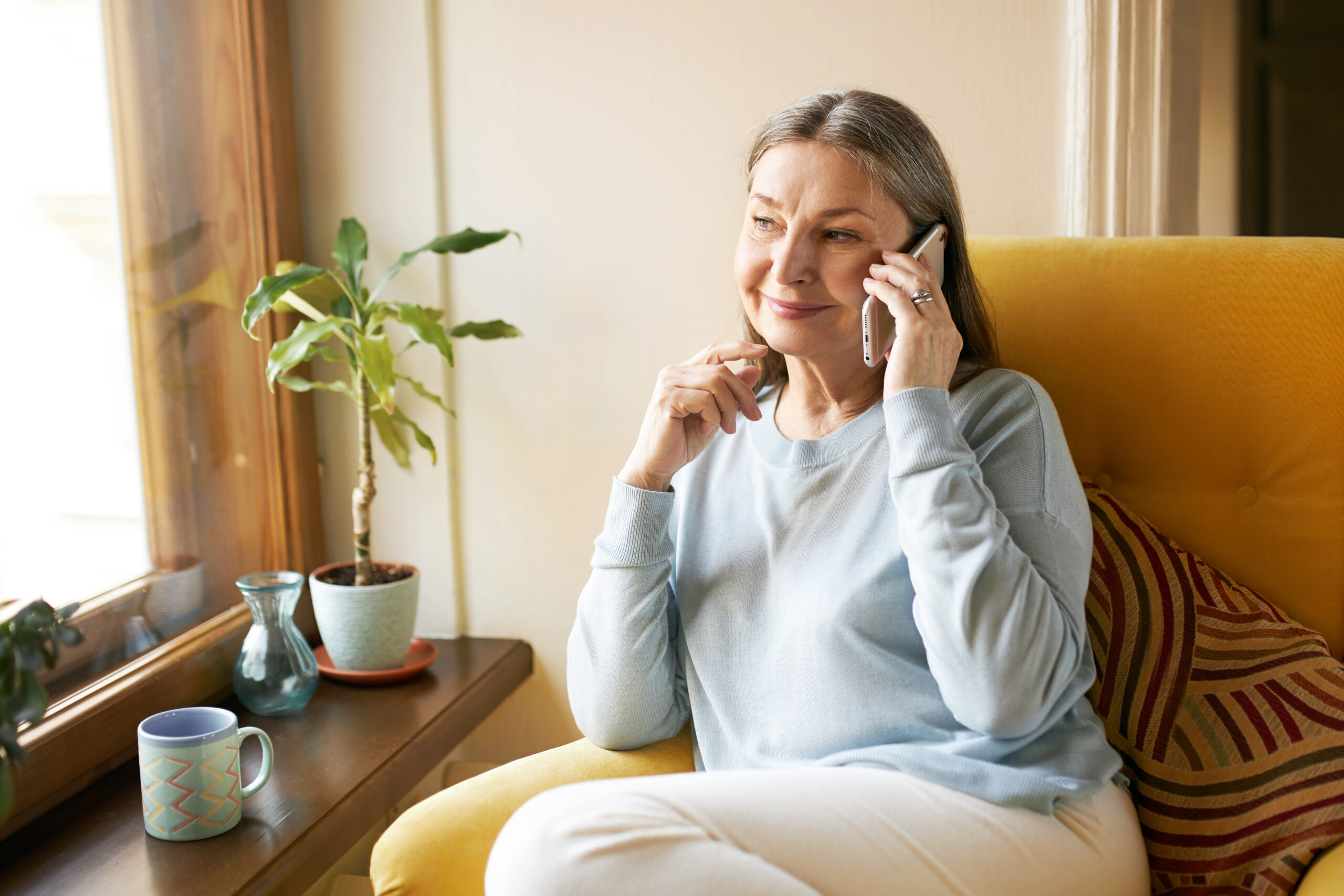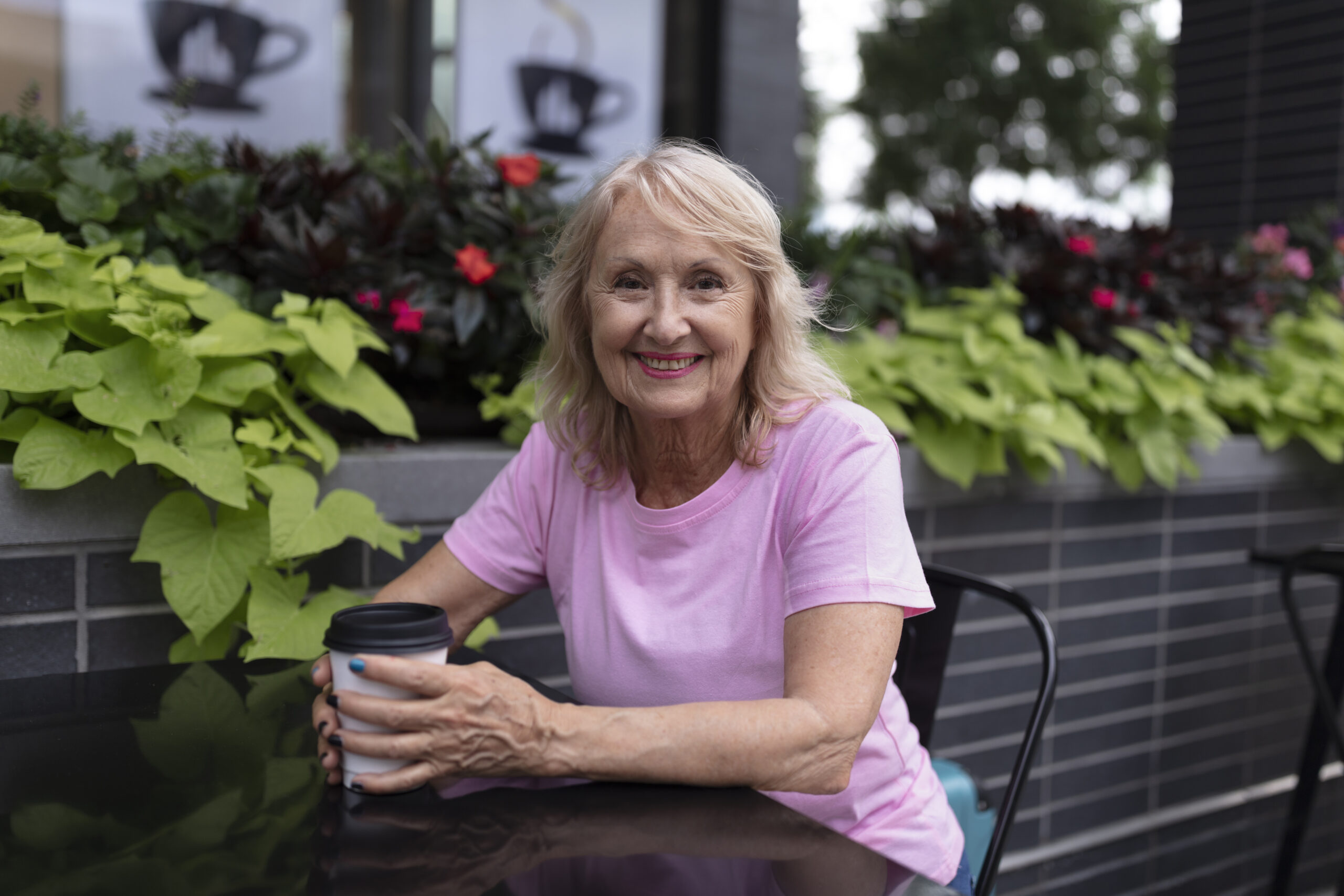 It is estimated that one in ten adults experience depression and a similar number experience anxiety. According to beyondblue CEO, Georgie Harman, “Mental health conditions are even more common among older people in the community”. Research shows that nearly 35% of people living in residential care facilities have depression. Exercise, tai chi and music promote emotional wellbeing.
It is estimated that one in ten adults experience depression and a similar number experience anxiety. According to beyondblue CEO, Georgie Harman, “Mental health conditions are even more common among older people in the community”. Research shows that nearly 35% of people living in residential care facilities have depression. Exercise, tai chi and music promote emotional wellbeing.
Australia is home to a variety of initiatives that aim to improve the emotional well being of its seniors. Victoria’s Department of Health offers a Well for Life program, NSW Health offers a Wellbeing in Later Life program and now beyondblue has provided a new booklet, specifically aimed at aged care workers to help them identify and improve on activities promoting mental health.
Based on La Trobe University research, What Works to Promote Emotional Wellbeing in Older People rates activities on a scale of zero to three for how effective they are at improving older people’s mental health. Activities scoring three thumbs up include:
Exercise
Exercise is known to treat mild anxiety and can improve sleep patterns, increase levels of serotonin, interrupt negative thoughts, teach a new skill, distract from worries and encourage socialisation. The two main types of exercise are aerobic (which exercises the heart and lungs) and anaerobic (which strengthens muscles via weight training).
Tai chi and qigong
In traditional Chinese medicine, tai chi is thought to benefit health through the particular hand movements on important acupuncture points and body channels. Tai chi involves slow purposeful movements and focuses on breathing and attention, while qigong concentrates on meditation, breathing exercises and body movements.
Music and singing
Music appears to affect the brain systems that control emotion. This is connected to the personal meaning of certain music, as well as the rhythm and melody. Music therapy is often combined with some other form of cognitive therapy and can help to overcome stress, anxiety and/or depression.
Problem solving therapy
New problem-solving skills can be applied to specific life problems that are associated with poor emotional well being or symptoms of anxiety and depression. Problem-solving therapy is usually provided over a series of 4-8 sessions, with a therapist working with their client to identify problems in the client’s life.
Computer-aided therapy and computer games
Evidence has suggested positive impacts from use of computer-aided therapy in reducing symptoms of both anxiety and depression. Participants can usually work through the program on their own and computer games such as Flower Garden have proved helpful for those living with dementia.
Awarded two thumbs up are activities such as:
- Yoga
- Relaxation training
- Massage
- Meditation
Activities acknowledged and awarded one thumbs up include:
- Gardening and nature assisted therapy
- Laughter yoga
- Reiki
- Bright light therapy
- Snoezelen (a controlled multisensory environment)
- Dance and movement
- Art therapy and craft
The beyondblue resource makes it simple for aged care workers to find activities for those in their care. They can quickly determine the activities proven most effective and can pinpoint particular activities to suit the range of care.
The ratings for each activity look at wellbeing, anxiety and depression in both community settings and residential care settings. The ratings are based on the number of times research has proven the effectiveness of each activity. With this in mind, a facility offering regular tai chi and qigong can have confidence that the activity will have a positive effect.
Most activities featured, including the interaction of clowns, animals and choirs as part of humour, music and arts therapy are accompanied by case studies, providing examples of how they had been implemented and their impact. This is a method not usually seen in similar resources and cements the fact the booklet is evidence-based. Practice wisdom can carry some weight where formal wisdom may be lacking.
Using the booklet as a guide
The activities suggested in the beyondblue booklet suit older people of varying cognitive and physical capabilities. Even those with memory problems or dementia can take part and see positive results in terms of general emotional wellbeing.
Before starting, an assessment should be carried out on all those taking part. Areas that should be addressed include:
- Cognitive capacity: Does the older person have the thinking, memory and attention skills required for the intervention?
- Physical capacity: Does the older person have the physical abilities needed to participate? For example, will they hear the teacher during a relaxation session?
- Treatment history: Has the older person ever had any negative experience when participating in a previous intervention?
- Client preference: Offer multiple choice questions to garner a better understanding of the kinds of activities the older person would like to take part in.
- Client expectation: What does the older person expect to get from taking part in an activity?
- Client motivation: Does the older person possess the required motivation to take part in an activity?
- Severity of symptoms: How bad does the older person’s current emotional wellbeing appear? A person suffering from severe depression could benefit from a more aggressive or action-orientated form of therapy.
- Client personality: Does the older person feel comfortable in large groups? Are they suspicious of others?
Having given an assessment of each individual, each activity can be modified to best suit the client.
Categories: Health and Wellbeing
Meta description: One in ten adults experience depression and a similar number experience anxiety. Find out which activities can improve emotional wellbeing.
Social post: New research reveals the best activities to promote emotional wellbeing amongst seniors. Read the findings here.











